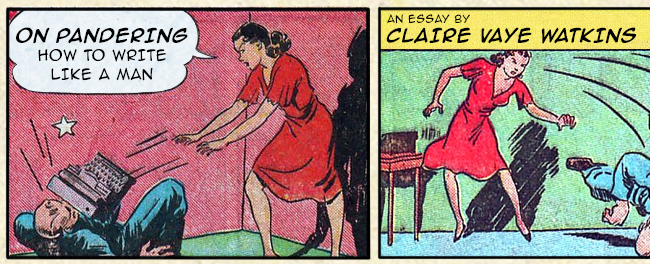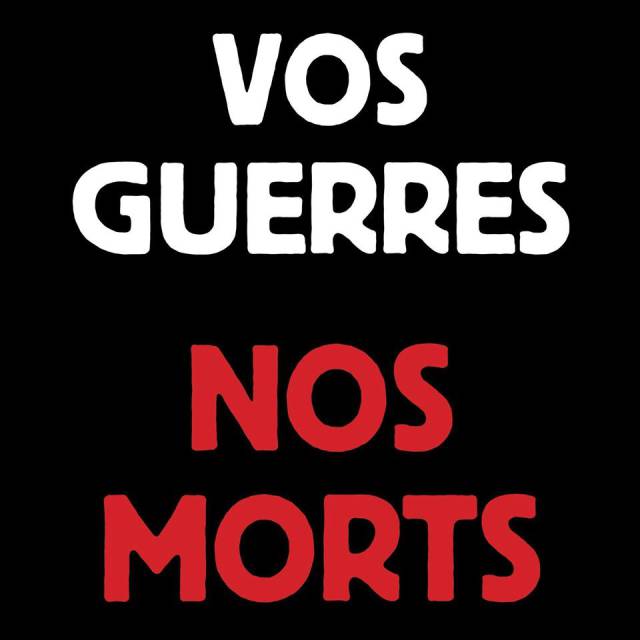On Pandering and Whiteness
Critiques of the whiteness and manliness of mainstream American literary culture have again been winging around the Internet in the past few weeks. Witness Rebecca Solnit’s tongue-in-cheek response to Esquire’s “The 80 Best Books Every Man Should Read.” Solnit’s piece, entitled 80 Books No Woman Should Ever Read, is full of funny zingers. My favorite is, “Ernest Hemingway is also in my no-read zone, because if you get the model for your art from Gertrude Stein you shouldn’t be a homophobic antisemitic misogynist, and because shooting large animals should never be equated with masculinity.”
In response to Solnit, Sigal Samuel penned, “What Women Can Learn from Reading Sexist Male Writers.” Samuel argues, “If reading sexist male writers is recommended for women readers, it’s downright compulsory for women writers. We need to be intimately aware of that language, need to speak it backward and forward, so that we can make our own books relevant and, ideally, cleverly subversive to boot.”
An essay in Tin House that also made a huge splash was by acclaimed young fiction writer Claire Vaye Watkins. “On Pandering” starts off with a personal anecdote about an extremely entitled male writer who visited the campus where she was teaching and complained in a blog post that she had declined to let him share her bed. From there she discusses the way that her literary career has been shaped by watching and emulating “the boys.” She says:
I wanted to write something Cormac McCarthy would like, something Thomas Pynchon would come out of hiding to endorse, something David Foster Wallace would blurb from beyond the grave. I have been reenacting in my artmaking the undying pastime of my girlhood: watching boys, emulating them, trying to catch the attention of the ones who have no idea I exist.
The essay was well written and compelling, and I posted it to Twitter, writing,
“On Pandering” Every woman writer I know should read this essay. #feminism
My friend Randa Jarrar responded “Meh,” and I replied, “As a person who doesn’t pander but often feels marginal it was an affirmation of my choices.” We then had an interesting back and forth about the fact that as Randa put it, “Some white woman writer just realized what writers of color have known forever. And Tin White House published it.” A few other writers jumped into our conversation, which also included a discussion about whether Armenians and Arabs are white, and what “whiteness” is. It turns out that we weren’t the only ones having this kind of conversation, and Alison Herman on Flavorwire compiled some of the Tweets. And then this week a piece appeared on The Guardian in which Jamaican writer Marlon James is quoted as saying that writers of color are forced to pander to white women.
All of this made me think back on my last author newsletter in which I asked for suggestions about contemporary literary novels that deal with class inequality in America. The only recent work I could think of was Dan Woodrell’s WINTER’S BONE. I realized that my ideas about class were unconsciously restricted to “white” writers. For example, I didn’t think of Louise Erdrich’s bestselling THE ROUND HOUSE as a candidate because it was a “Native American novel” not a “class novel.” It appears that I’ve got to up my intersectionality game!
Nancy Kricorian
New York City
November 30, 2015

